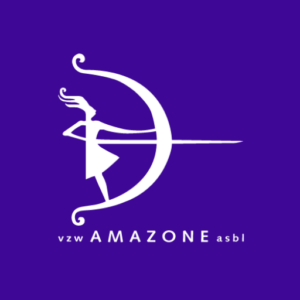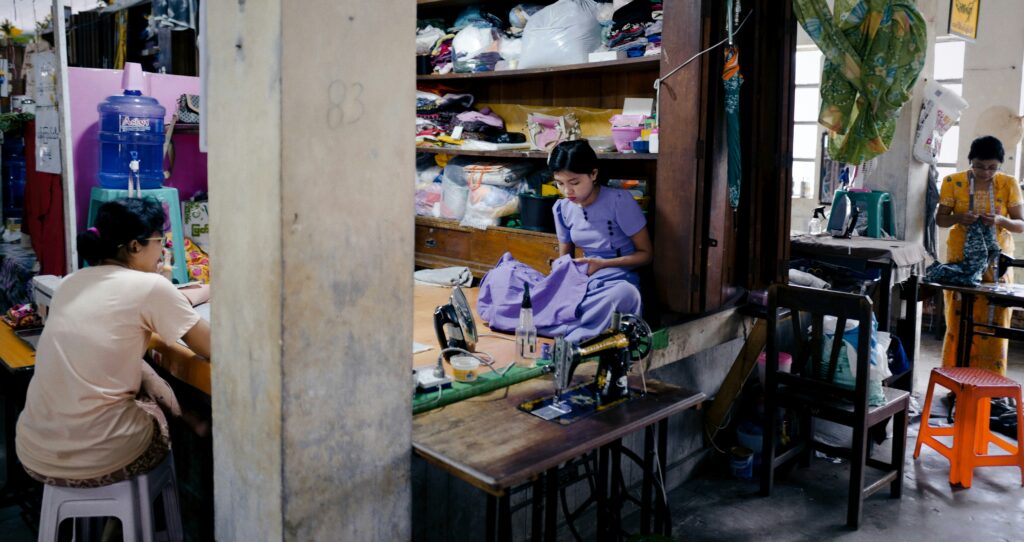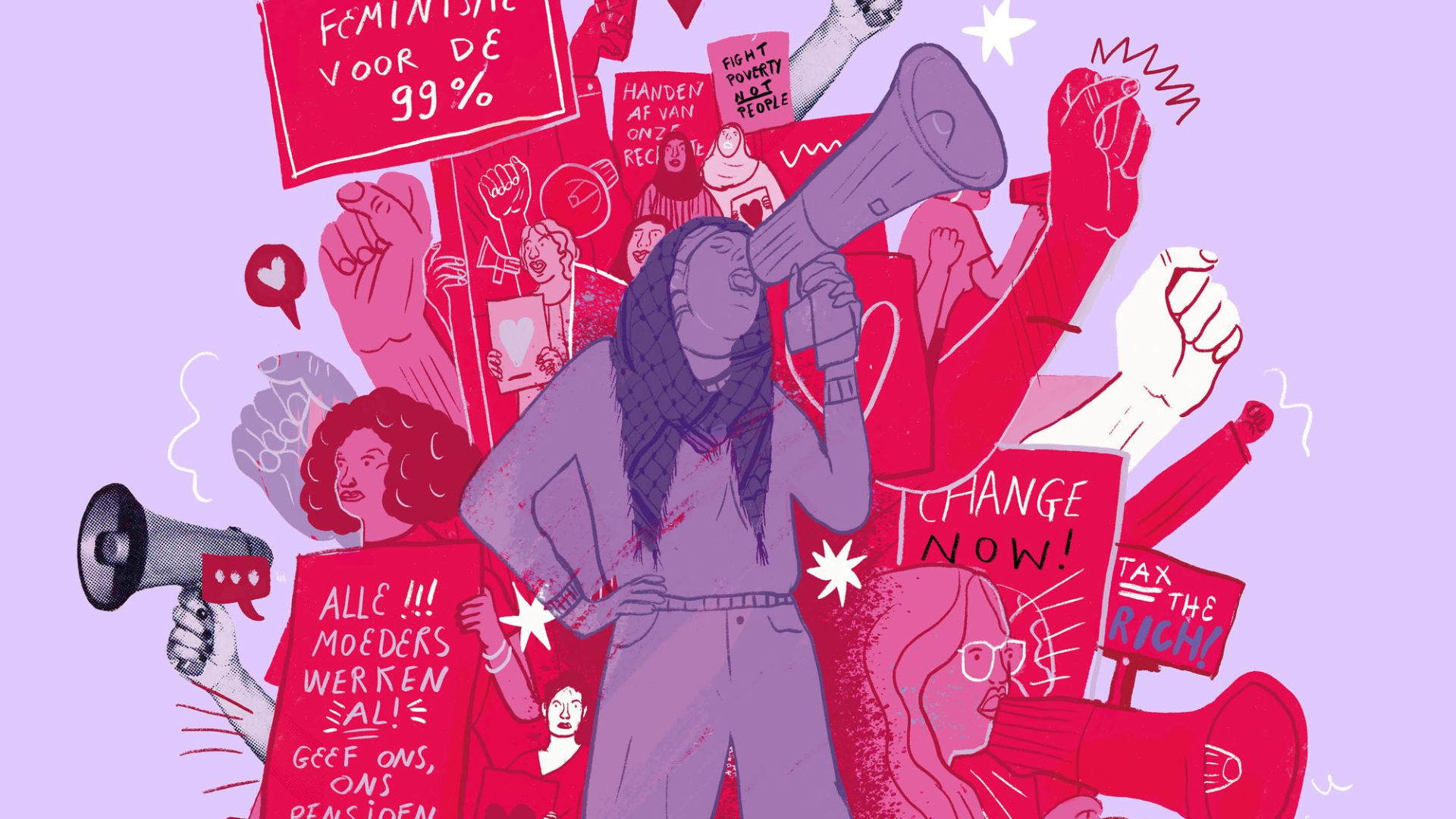The annual day against human trafficking will take place on July 30th, 2024. What exactly does this day entail and why is it still needed in 2024?
What is human trafficking?
Human trafficking is the recruitment, transportation, transfer, harbouring or receipt of persons under duress (such as threats, violence, abduction, fraud, deception, abuse of power or vulnerability) or by offering payments to obtain the consent of persons in authority. It includes forms of sexual exploitation, forced labour, slavery and the removal of organs (source UN).
What is the international day against human trafficking?
The International Day Against Human Trafficking was established by the United Nations in 2013. Its purpose was to focus the world’s attention on human exploitation, to prevent and combat human trafficking and to promote protection and support for victims. The day also reminds different countries to work together to strengthen technical assistance in this fight.
Why is the international day against human trafficking important?
Human trafficking is a major crime and a serious violation of human rights. Every year, thousands of men, women and children become victims of trafficking, both in their home countries and abroad. Almost every country in the world is affected by this scourge, as the victims’ country of origin, transit or destination. Women are disproportionately affected by human trafficking: for every 10 victims discovered worldwide, about 4 are women and 2 are girls. This day therefore aims to draw attention to the battle that remains to be fought to eradicate human trafficking.

Source: https://www.unodc.org/pdf/blueheart/tools/BH-Factcard-Female2.pdf
Importance of intersectionality
In 2024, the UN urges countries to step up their efforts to end child trafficking. In a context of health, political and environmental crises, children are twice as likely as adults to be victims of violence during human trafficking. They are exploited in various ways, including forced labour, crime, begging, illegal adoption, military recruitment, online violence and sexual exploitation.

Elisabeth Fiévez
Volunteer at Amazone



